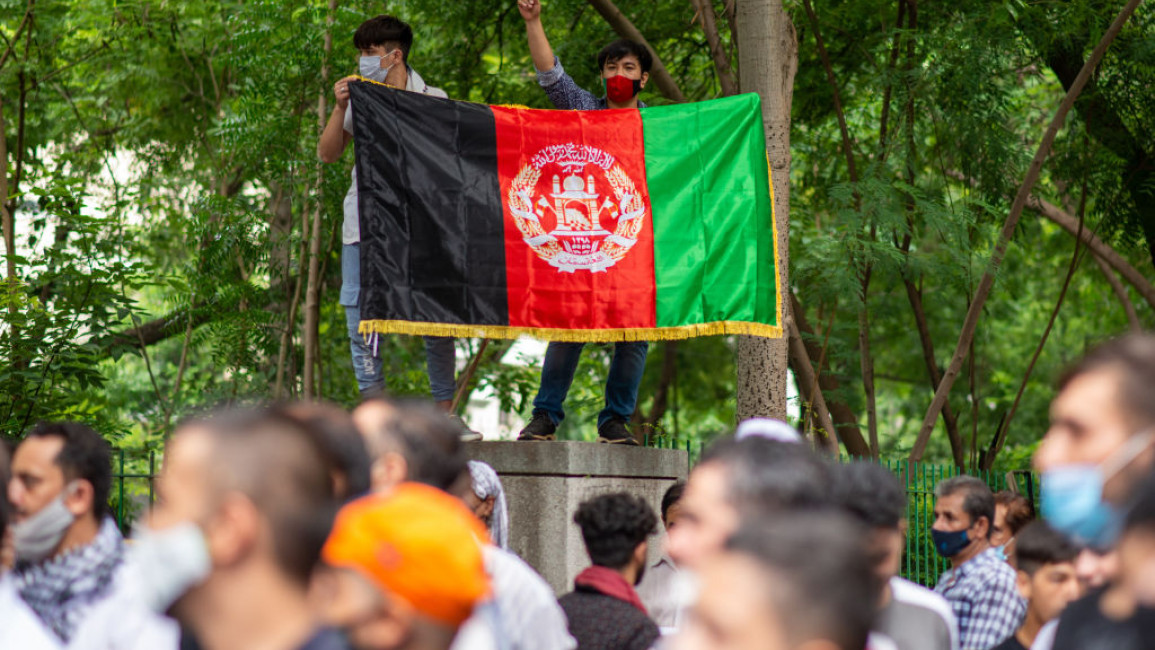Deposed Afghan government's foreign ministry rejects new Taliban cabinet
The foreign ministry of the now-deposed Afghan government has rejected the cabinet announced by the Taliban on Tuesday.
The 33-member caretaker cabinet announced by the Taliban was made up exclusively of members of the militant group, and included no women. Only three members of Afghanistan’s ethnic minorities; the rest were from the Pashtun majority.
In a one-page statement shared to the Twitter account of the Permanent Mission of the Islamic Republic of Afghanistan – the country's former name – the foreign ministry said on Wednesday that it "condemned the announcement by the Taliban of its so-called cabinet as illegitimate and unjustifiable".
"The decision goes against the will of the absolute majority of the people of Afghanistan… and undermines the national interests of Afghanistan, including security, stability, unity, and prosperity of the country and its people," the statement from the Geneva-based mission read.
The statement said the homogenous cabinet would undermine the country's "political, ethnic and social diversity" and lead to "increased tensions" and "undermine the prospect of a comprehensive and lasting peace in the country".
Portfolios named on Tuesday include many on UN sanctions lists, with acting interior minister Sirajuddin Haqqani – the head of the hardline Haqqani network known for its deadly attacks on US forces and civilians – carrying an FBI-issued bounty of up to $10 million on his head.
The US and the EU have voiced concerns about the cabinet, while a prominent anti-Taliban resistance group has urged the international community not to recognise the government.
The Taliban took control of Kabul in mid-August, after sweeping through the rest of the country with lightning speed.
In the anti-Taliban bastion of Panjshir, hundreds are reported to have died in heavy fighting as government forces and militia under the command of ethnic Tajik leader Ahmed Masoud’s National Resistance Forces (NRF) clashed with the Pashtun-dominated Taliban.
The Taliban have recently claimed control of the province, but NRF forces maintain a presence in Panjshir’s mountains.
Meanwhile, women-led demonstrations have broken out in several major cities, but these have been met with brutal force by the Taliban, with two women reportedly killed in Herat on Tuesday.



